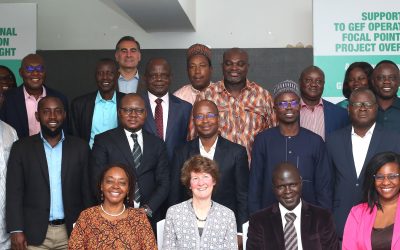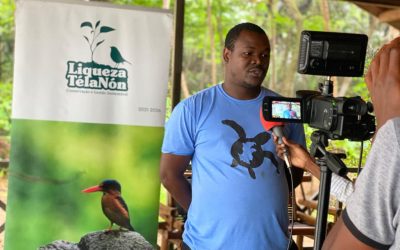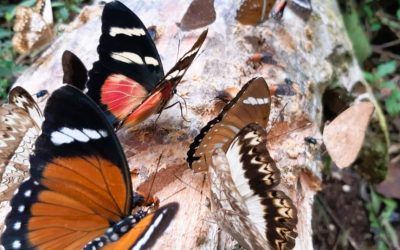While the source of the virus that has caused Covid 19 is still unknown, bats and other wildlife have been blamed. TBA alumni have been busy joining in the debate. Ricardo Rocha and Paul Webala recently published an enlightening letter in Animal Conservation outlining the research agenda that is needed to stop misguided persecution of bats. Another recent article debating the source of Covid 19 features the views of Ricardo and Paul along several other TBA alumni.
Dr. Paul Webala, a wildlife biologist and senior lecturer at Maasai Mara University, Kenya, emphasises that, while bats do carry viruses, they also do a lot of good. He highlights that bats are remarkable creatures of key ecological and economic importance and describes some of the ecosystem services they provide. He also draws the link between wildlife trafficking and trade, and the increase in the spill over of pathogens from animals to humans.
Another TBA alumnus, David Kwarteng, Executive Director of the Institute of Nature and Environmental Conservation & Co-founder Herp Conservation Ghana, advises that society must transition to a more just and equitable lifestyle where humans co-exist harmoniously with nature. Iroro Tanshi, a doctoral candidate at Texas Tech University, USA and a lecturer at the University of Benin, argues that scientists must also rise to the challenge of communicating complex issues to politicians and the general public.
The article highlights the value of research, the need to build capacity among researchers around the globe – and the role of the Tropical Biology Association in forging the careers of these now leading conservationists in Africa.



